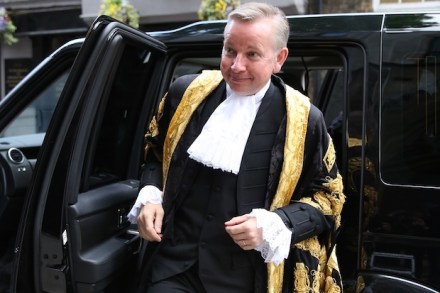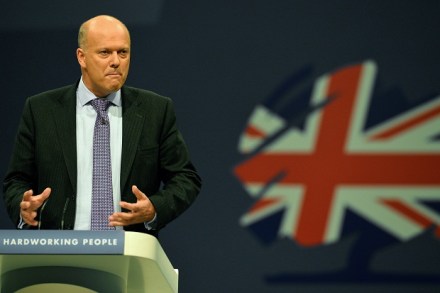The Spectator’s Notes | 28 May 2015
Amnesty International and others have placed a large newspaper advertisement telling Michael Gove ‘Don’t Scrap Our Human Rights’. The ad asserts that ‘A government cannot give human rights or take them away’, which, if true, makes one wonder how it can scrap them. Human rights are philosophically a confused idea; but their political power consists in the fact that anyone questioning them can be made to look nasty. People who love making new laws — particularly new laws that cost money — therefore like to present these laws as human rights. Article 29 of the EU’s Charter of Fundamental Rights, for example, says ‘Everyone has the right of access to




















